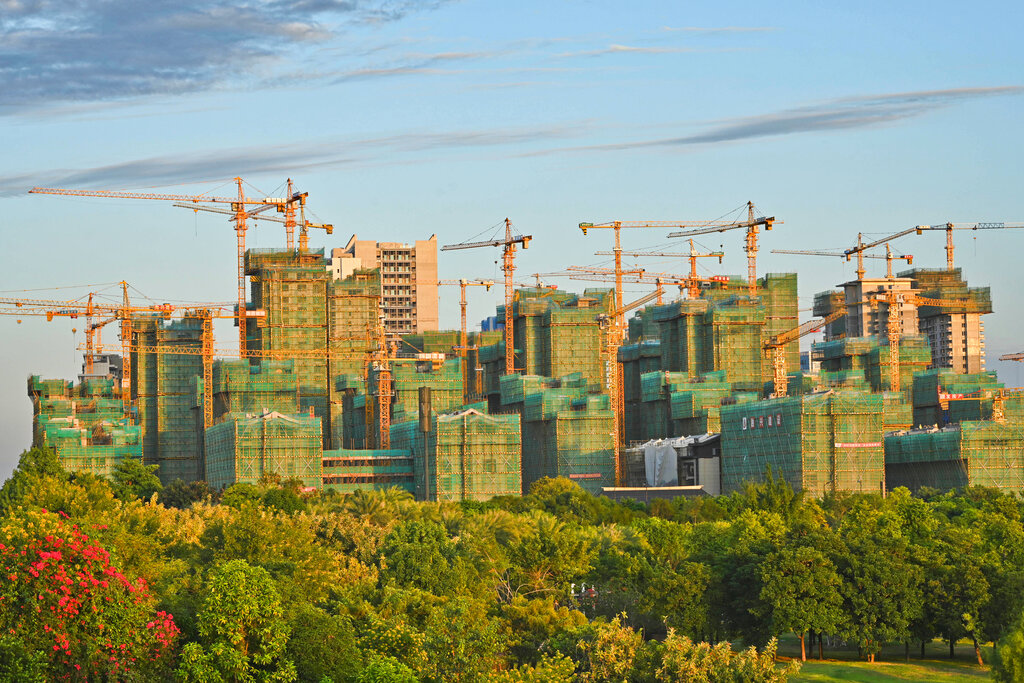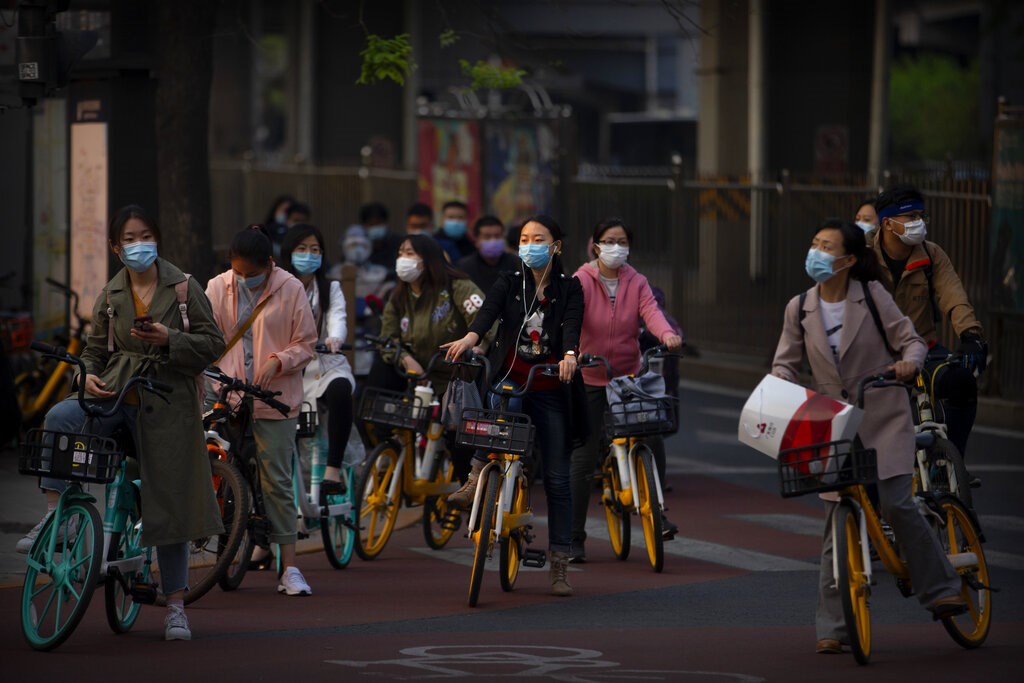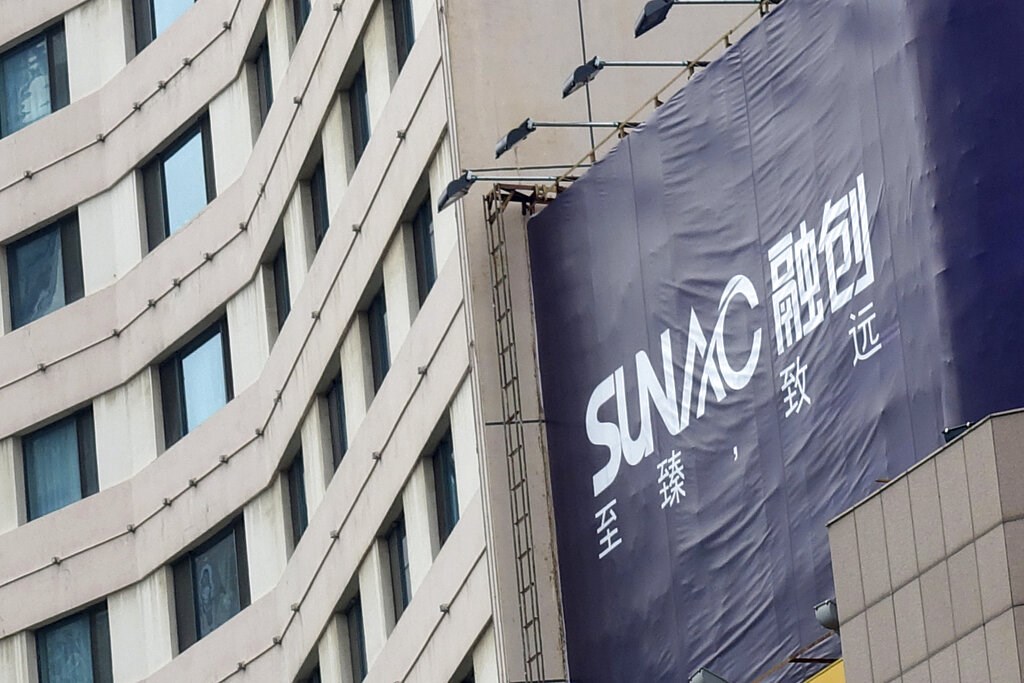
Towering debt remains the main concern for the teetering property sector in China. As the authorities continue to put cities under mass lockdown in an attempt to control outbreaks of the Omicron variant of the coronavirus, the situation has set off panic among homebuyers. Many home buyers launched protests on the mainland threatening to stop mortgage payments on unfinished apartments. This, and a myriad of other events have shaved returns off the bond index and funds that invest in the asset class.
Year to date, the JPM ACI Non-Investment Grade Index, tracking major high yield issues in Asia, is down 21% through the end of July. The largest Asian high yield bond funds globally also registered double-digit losses. Funds managed by Fidelity and UBS, which received a Neutral analyst rating, dipped by more than 30%.
In fact, the JPM index posted a negative return for nine straight months and is down over 30% from its previous peak in mid-2021. As of this writing, there aren’t any solid signs of the market for high yield bonds bottoming out. In comparison, during the first outbreak of COVID-19 back in 2020, the Asia high yield index dipped slightly more than 10%.
This has also shrunk the representation of China property bonds in the indexes. There was a time when China's high yield property bonds made up 40% of the Asian high yield index. Now, that proportion looks far less distorted, as portfolios have diversified.
Few new bond issuances, a downdraft in the value of outstanding bonds, and defaults have also caused the exposure to reduce – China property bonds only account for around 23% of the JPM ACI Non-Investment Grade Index as of December 2021, and fell to 13% by June 2022.
According to Patrick Ge, senior manager research analyst at Morningstar, portfolio managers have the view that the role and the importance of China's real estate bond as a key return driver in the Asian credit universe is shrinking. Ge also observes that some funds have diversified away from China property and found opportunities in other Asian high-yield sectors, such as Indian renewable energy companies and Indonesian property.
While the unwinding of concentration was a result of unfavorable events, it is good for investors as diversification is the only free lunch in investing. The downsizing influence of China issuers as a whole should support a greater degree of diversification across the Asia credit market.
With this backdrop, we delved into the five largest Asia high yield funds and their investments in 306 unique bonds issued by 46 developers in China. This should give a clear illustration of the funds’ bond exposure into the period when the mortgage boycott unfolds.
High Yield Funds Trimmed China Property Exposure in Line with the Index
As the China property weightage shrunk in the index, so did fund managers trim in line with it. The scale varied, though. Neutral-rated Fidelity Asian High Yield is still the most exposed to the sector, compared to its four peers. BGF Asia High Yield Bond, which owns roughly 15% of its assets in China property, reduced it’s exposure by the most.
Ge says most portfolio managers expect short-term market volatility to persist and defaults from property developers with weaker cashflows to continue. “One portfolio manager noted that they’re waiting for China’s National Party Congress in November 2022 for better clarity on the administration’s policy direction, including their stance on real estate, which will impact the investment team’s decision to re-risk or not,” he added.
Managers Bet on Lesser-Known Names
Managers are betting on two off-benchmark names, Road King Infrastructure (01098) and Singapore-listed Yanlord Land Group (Z25). Collectively, the largest four funds raised the bond unit holdings in both issuers by more than 20% year to date.
In particular, Road King is one of the two common top holdings among these four funds. The toll-road operator branched out to the property development business and has since developed more than 50 housing projects on the mainland. Among these funds, the other popular bond name is Shanghai-based CIFI Holdings (00884).
Apart from that, Blackrock and HSBC topped up holdings in Shimao Group (00813). Blackrock had a net addition of 16 million bond units while HSBC created a position of 11 million units in Q1 and added 7 million more in Q2.
Another new favorite of the Blackrock fund is Shui On Land (00272). By loading up 4.5 million units in the Shanghai-headquartered developer, the fund more than doubled its exposure to the name to 2%.
Meanwhile, HSBC increased its exposure to Greentown China (03900), adding 7 million bond units since the beginning of 2022, bringing the weight to 0.50% from 0.16% in December.
Evergrande: Have Managers Bought the Dip?
Last year, as the news of Evergrande running into debt struggles first broke, we uncovered that bond managers in Blackrock, HSBC, and UBS were buying Evergrande’s cheaply-priced bonds both in itself and its subsidiary.
A year later, the Evergrande saga isn’t over. The beleaguered developer missed a self-imposed deadline for a restructuring plan of its US$ 300 billion debt. Amid the recent wave of mortgage boycotts, Evergrande is the most affected as homebuyers of 34 projects refuse to continue to pay mortgages. Its bonds have slid into distress level, priced only 10% to par value. Is it a buy or sell call for managers?
In Blackrock’s portfolio, two of Evergrande's bonds hit maturity through Q1. The manager also exited four other issues over the same period. As a result, the total Everngrade bond count dropped 50% year to date. The developer now represents 0.14% of the fund.
In the case of Fidelity, the number of bond units reduced in the first quarter but rose in the following quarter. But the adjustments were minimal. Factoring in a drastic drop in market value, Evergrande now accounts for 0.79% of the fund assets.
Pimco chose to stay the course, sitting on the ownership of four bond issues. With a market value almost halved, the position is worth 0.23% of portfolio assets.
HSBC’s fund was among the portfolios accumulating Evergrande bonds. The latest data show that HSBC has zero exposure to Evergrande between January and June 2022.
Uncertainty Halts Inflows into Asia High Yield Funds
Through the quarter ending June, the widespread uncertainty put an end to a streak of inflows into Asian high-yield bond funds that lasted 14 quarters. As a correction in the asset class deepens, Asia high yield bond funds recorded their first outflows in four years. Net redemptions amounted to US$1.2 billion and US$ 378.9 million in the first and the second quarter, respectively. The last time the category recording outflows for two consecutive quarters dated back to 2013.
Still, over the past 12 months, the asset class continued to be favored by investors, absorbing 24% more in new assets, far more than its counterparts with a broader investment universe.
“Asia high yield bond funds typically come with a shorter duration profile, than Asian and global bonds. Seeking to reduce their interest rate sensitivity, investors may still be interested in these funds. And this also adds to these funds’ steady stream of payout from investing in higher-yielding issues,” says Ge.
Note: The article is updated on September 6, 2022. Fidelity confirmed that they have not purchased or sold Shimao units since 1 January 2022 and their ownership of bonds issued by Shimao totaled 3.49 million shares, or 34,900 units, through August 21, 2022. According to the firm, the small variations in security holdings reported at share class level on Morningstar Direct was due to changes in the percentage exposure of the pools.











.png)



.jpg)





